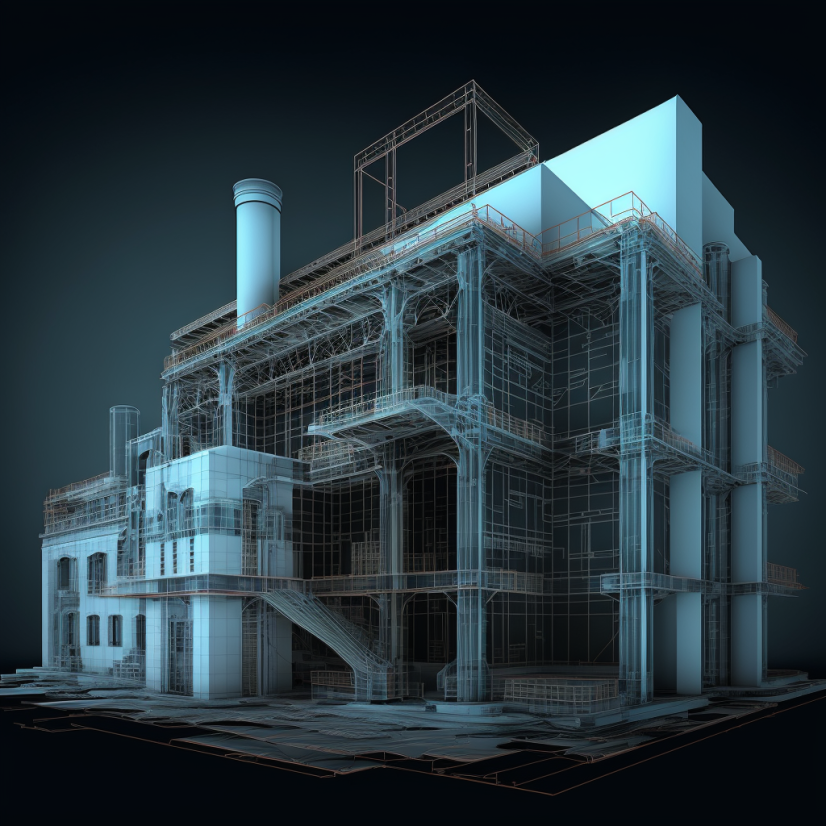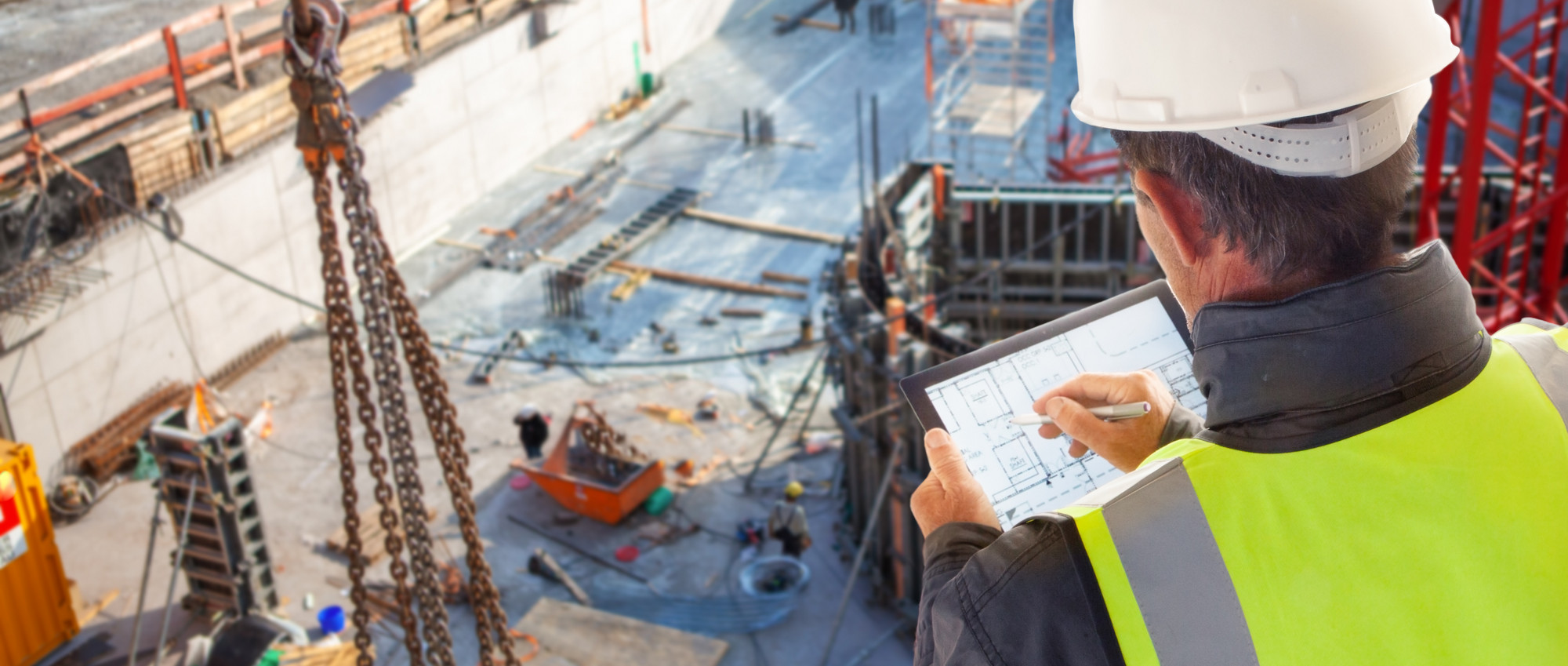Construction industry
In Germany, the construction industry is a key sector in terms of production and employment, ahead of the classic German industrial sectors of mechanical engineering and chemicals & pharmaceuticals.
In Switzerland, too, the construction industry is traditionally strong. in 2022, it will account for between 10 and 15 percent of gross domestic product. What both countries have in common, however, is a reluctance to invest in digitization. Small companies in particular tend to be skeptical. In Switzerland, 40 percent of SMEs said they planned to invest less or at most the same amount of money in digitization over the next one to four years. In Germany, the figures are only slightly better.
However, the Main Association of the German Construction Industry sees a "change of attitude": the attitude of companies is changing, because buildings and infrastructures of the near future are becoming increasingly complex and, in addition to more and more specialist know-how, require much closer interaction between all players, as well as the technical prerequisites for modern visualizations, data processing and calculations.
Overall, digitization in the construction industry offers many opportunities to optimize processes, reduce costs and increase efficiency. In this context, it is important that companies deal intensively with the opportunities and challenges and make targeted investments in corresponding technologies and solutions.
Solutions for digitization in the construction industry
The construction industry is known to be one of the largest and most important sectors of the economy, but it often still uses traditional methods and processes. However, digital transformation can offer significant benefits, especially in terms of efficiency, cost reduction and improvement of project execution.
In the following, solutions, implementation options and application examples for digitalization in the construction industry are presented:
Areas of application for digitization in the construction industry
IoT sensors and other technologies can be used to monitor buildings and collect data on their condition and use. This helps to identify and rectify potential problems at an early stage and optimize the efficiency of building use. Building maintenance and upkeep can also be improved through the use of digital solutions.
Practical examples
Heating technology manufacturer Viessmann:
The heating technology manufacturer relies on the "Viessmann Vitoconnect" IoT platform, which enables customers to control and monitor their heating systems via an app. Customer service can also access the heaters remotely via the platform to perform maintenance or troubleshoot problems. This saves time and costs for customers and companies alike.
Construction company Max Bögl:
Max Bögl relies on digital solutions in facility management and monitors its buildings and facilities with IoT sensors and other technologies.
Construction projects are often very complex and many different trades and companies are involved. In order to work efficiently here, good collaboration and communication is essential. This is where digital platforms and solutions such as collaboration tools that facilitate cooperation and communication can play an important role.
Real-world example of using digital solutions to improve collaboration in the construction industry
RIB Software:
The company offers a cloud-based platform called "MTWO" that brings together all relevant data and information of a construction project in one central system. By using MTWO, all project participants can access all important information at any time, improve collaboration and increase efficiency.
Digital sensors and IoT (Internet of Things) technologies are often used here to collect and evaluate important data in real time. As a result, construction projects can be managed more efficiently and potential problems and risks can be identified and remedied at an early stage.
Practical example
The company Trimble offers a wide range of solutions and technologies that enable construction projects to be managed more efficiently and cost-effectively. Sensors and networked devices that enable data to be collected and analyzed in real time also play an important role here.
The digitization of construction processes in itself offers many opportunities for optimization. Here, for example, digital planning tools and software can be used to create construction plans quickly and efficiently. In the field of 3D printing and robotics, too, there are already initial applications in the construction industry that make it possible to produce components quickly and cost-effectively.
In addition to the areas of application mentioned, there are many other opportunities for digitization in the construction industry. For example, digital solutions can also be used for materials procurement, management and processing. The use of virtual and augmented reality technologies for visualizing construction projects and simulating construction processes is also becoming increasingly important.
Conclusion
Overall, it can be said that digitization in the construction industry has already made great strides and continues to offer a wide range of opportunities. By using digital solutions and technologies, companies can optimize their processes, reduce costs and increase their competitiveness. In this context, it is important that companies deal intensively with the opportunities and challenges and make targeted investments in corresponding technologies and solutions. Only in this way can they benefit from the advantages of digitization and remain competitive.

